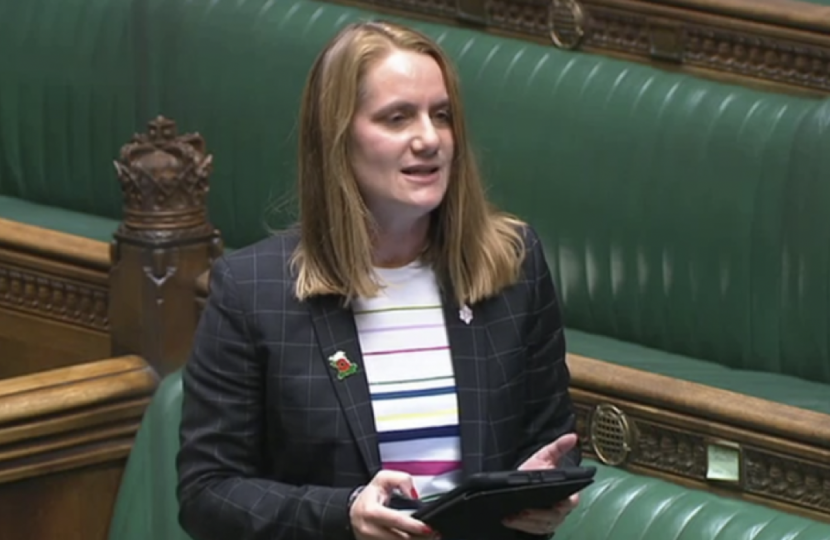
Ynys Môn MP Virginia Crosbie has said legislation to finance new nuclear power stations “offers significant hope to Anglesey” as Wylfa Newydd seeks a new backer.
Speaking in the Nuclear Energy (Financing) Bill debate this week, Virginia said the biggest hurdle to a new plant on the island was finding money for it.
“The majority of Anglesey residents actively support Wylfa Newydd, but they feel forgotten. They have had enough of being offered carrots only to receive disappointment. That is why the Bill is so important to my constituency of Ynys Môn,” she told MPs.
“When Hitachi withdrew the development consent order for Wylfa Newydd at the start of this year, it cited programme financing as the main factor.
“I am co-founder and chair of the nuclear delivery group. Over the past 18 months, we have regularly raised new-build financing as a significant concern. I am delighted to see BEIS respond to this issue and bring this Bill to the table.
“Companies such as Bechtel and Rolls-Royce are already keen to establish new nuclear at Wylfa Newydd, so this proposed regulated asset base (RAB) model offers significant hope to Anglesey.”
Virginia explained the Bill could be the starting point for regenerating an area that desperately needs levelling up.
“I appeal to my constituents and the people of north Wales, who would also benefit: now is the time for us to come together as a community and embrace the opportunity that the Bill offers us. We cannot afford to stay in our partisan corners, we cannot afford to stay silent, and we cannot afford to let this opportunity slip through our fingers.
“Nearly two decades of waiting for Wylfa Newydd may finally be coming to an end.
“I welcome the Bill and, for the sake of our young people and future generations, we must put aside our political differences and work together.”
The bill proposes to use RAB to fund future nuclear power stations in Britain. It is a tried and tested method that successfully financed other infrastructure projects, such as the Thames Tideway Tunnel and Heathrow Terminal 5.
The aim is to encourage a wider range of private investment into new nuclear projects, reducing Britain’s reliance on overseas developers to do it.
It will also help cut the cost of new nuclear power projects in Britain, saving consumers more than £30 billion on each new large-scale station.
